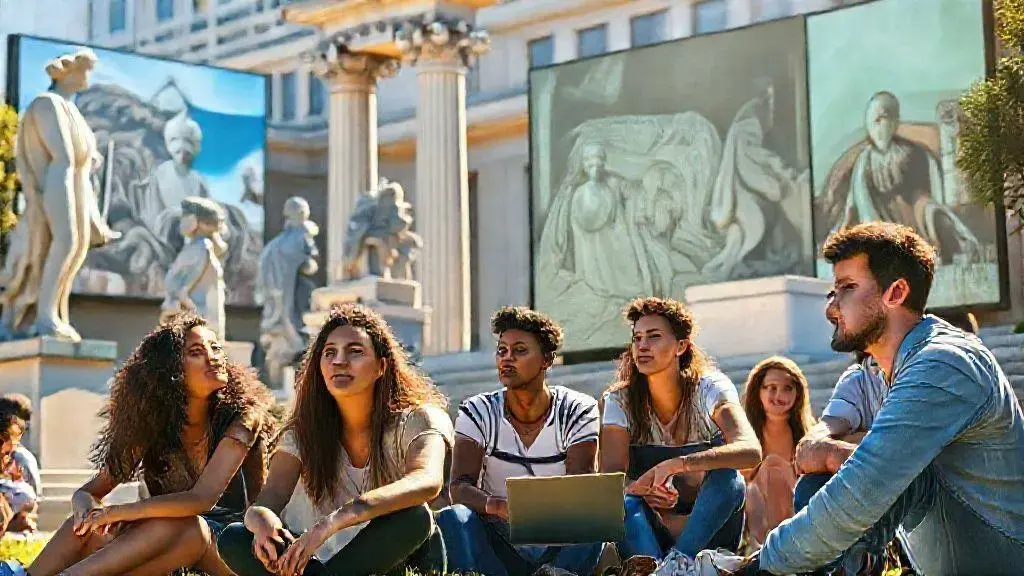Leitura: 6 minutos Looking to boost your competitive edge without spending a dime? Free online History of Art courses deliver access to world-class content and fresh perspectives—right from your laptop. In today’s rapid-paced market, leaders and decision-makers need not just knowledge, but actionable market intelligence. Discover how free art history courses online can power smarter moves for your organization.
Why Art History Matters Now
Art history is more than dates and paintings. It’s a strategic tool for innovation, helping leaders understand culture, shifts in consumer taste, and even how visual narratives drive market trends.
- Improves critical thinking for business strategy
- Sharpens cross-cultural intelligence
- Sparks creative solutions
Na prática, this means companies able to read the cultural landscape can anticipate trends—gaining a clear advantage over competitors. The message to decision-makers: are you leveraging art history for sharper market insight?
Where to Find Top Free Courses
Leaders demand quality and credibility. Top institutions and museums offer free art history courses via platforms like Coursera, edX, Khan Academy, and Google Arts & Culture. Even Ivy League schools like Harvard and Yale have open content initiatives.
- University-backed online modules
- Interactive timelines and visual archives
- Flexible learning—anytime, anywhere
In practice, this translates to efficient upskilling for teams and leaders aiming to strengthen their market position. Are you making the most of these world-class resources in your own development strategy?
Business Gains From Art Savvy
The payoff isn’t just cultural. Understanding visual history is a competitive weapon. Companies integrating art insights into brand, product, and UX design consistently outperform peers.
- Elevate brand storytelling and resonance
- Enhance customer experience with informed design
- Better anticipate societal shifts impacting supply chains
Market share grows when organizations read between the lines of culture—often revealed through art. For bold leaders, the question is: how quickly are you putting art-inspired intelligence into action?
Emerging Trends: AI and Art Learning
Disruption is the new normal, especially in online education. Artificial intelligence now powers personalized art history journeys, adapting content to user interests and speed. Platforms employ virtual reality for immersive walkthroughs and real-time discussion forums, building deeper engagement.
- Adaptive quizzes for quick knowledge checks
- VR visits to museums and ancient sites
- Global learning communities for peer insights
The recado here is clear: AI-driven experiences raise the bar for professional learning. Are you ready to experiment with these cutting-edge tools in your organization’s talent pipeline?
Risk, Regulation, and Recognition
Staying compliant and credible is crucial. Many free art history courses now offer micro-credentials or digital badges—a signal of market-ready skills. But leaders must verify content quality and source reliability to avoid reputational risks.
- Check institutional backing of courses
- Ensure data privacy compliance (especially for corporate learning)
- Choose courses with recognized certifications
In practical terms, risk-savvy organizations vet providers carefully, tying training directly to upskilling and competitive positioning. Are your learning investments earning global market recognition?
